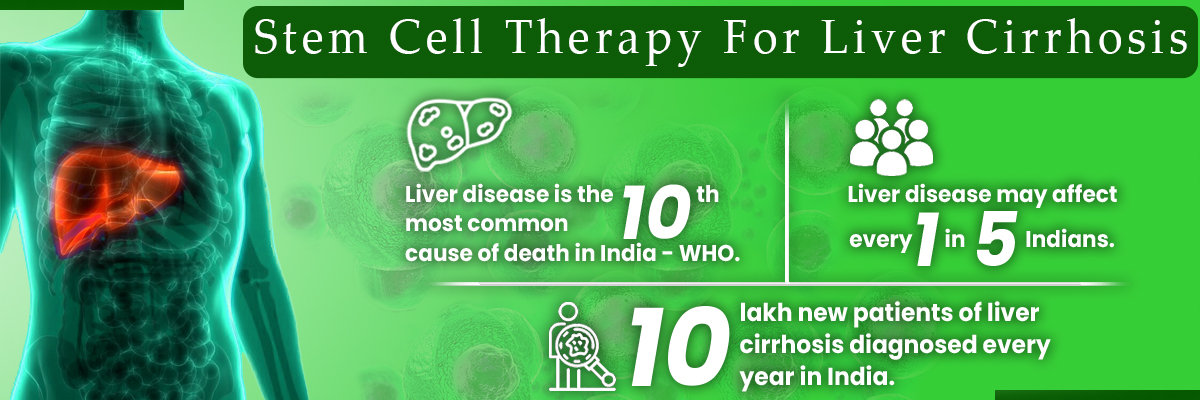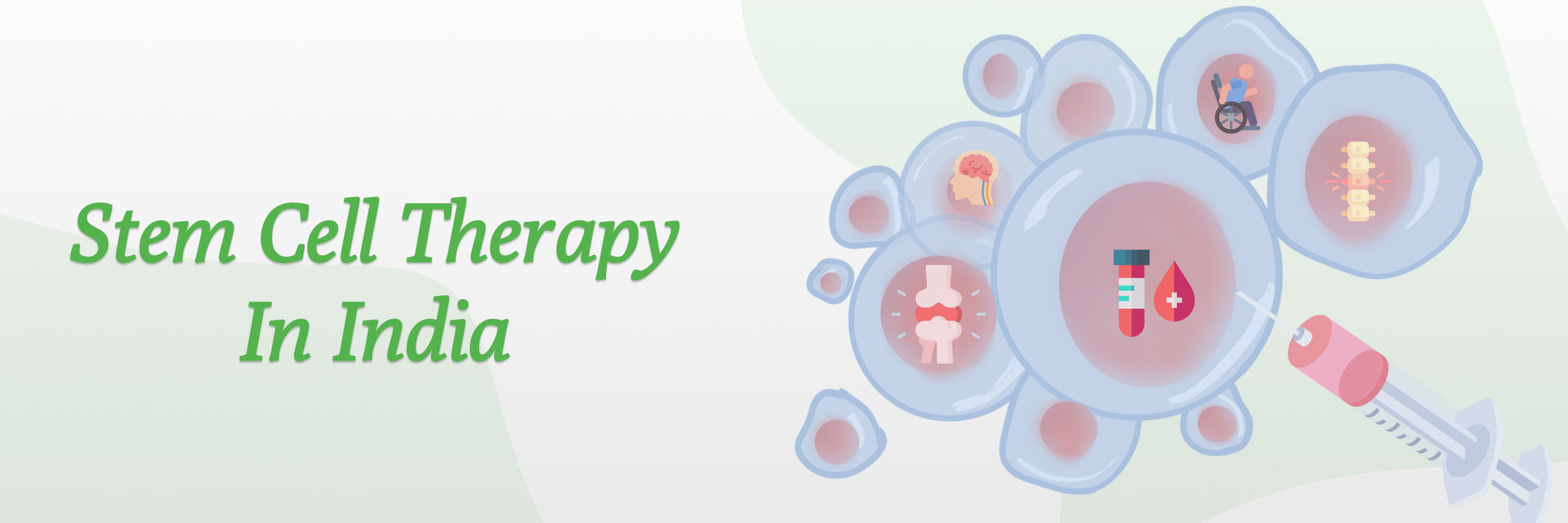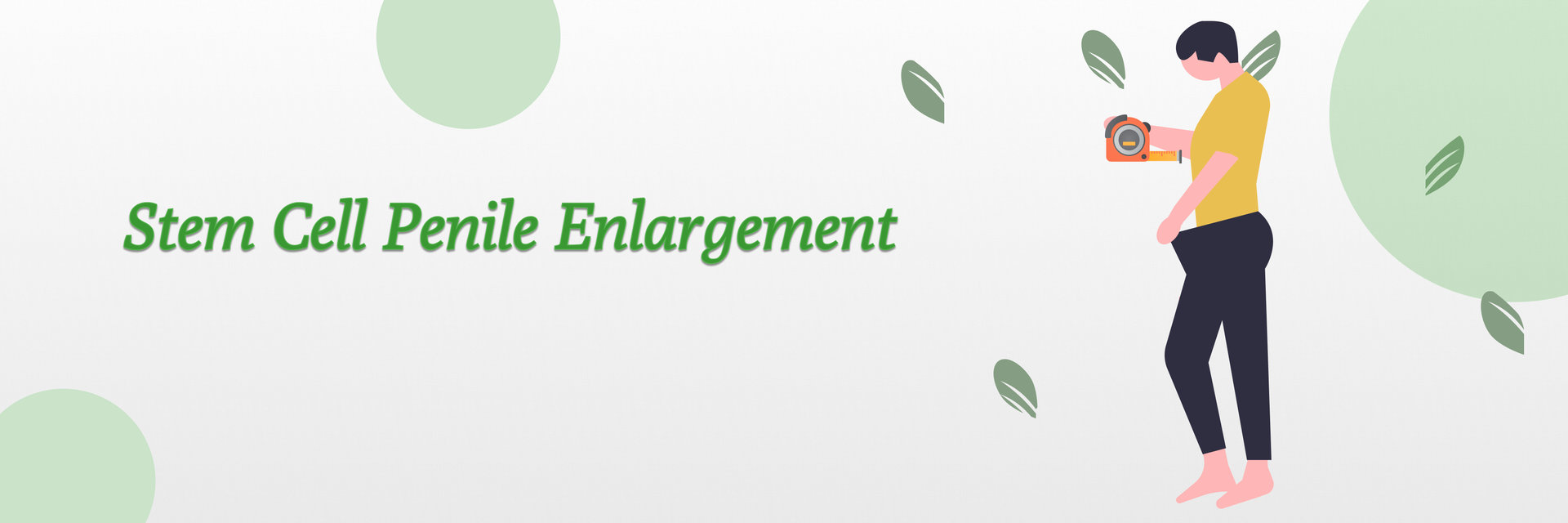Introduction
Red, scaly patches on the skin are more than psoriasis. It's a chronic, maddening, and emotionally draining disease that affects millions around the world. Over the years, patients have attempted everything—ointments and steroids, light therapy and pills—but only to experience temporary remission. That's why people are increasingly seeking better, long-term psoriasis treatments. Connect with the best medical professionals to learn in-depth about the treatments. Since the onset of Stem Cell Research and clinical advances, stem cell therapy is fast emerging as a ray of hope for those suffering from chronic skin psoriasis, psoriatic arthritis, and even scalp psoriasis. While it's no wonder pill, the horizon that it promises is truly limitless.
What Is Psoriasis?
Psoriasis is an autoimmune disorder that affects the body, mostly by affecting the skin. The immune system of the body begins to target the skin cells of the body in error, causing the abnormal growth of skin cells. The excess develops into patches of scales, redness, and inflammation, characteristic of plaque psoriasis and pustular psoriasis. It is non-communicable, yet it's exceedingly visible and socially stigmatizing. Psoriasis may arise anywhere—on the elbows, knees, back, scalp, and nails. There are different forms of psoriasis, and the forms differ in severity, appearance, and symptoms. Anyone can ask free questions on our platform, which the best doctors across the country will answer. The most prevalent form is plaque psoriasis, but there's also guttate, inverse, pustular psoriasis, and erythrodermic psoriasis. Some patients even get psoriatic arthritis, which is something that happens to the joints.
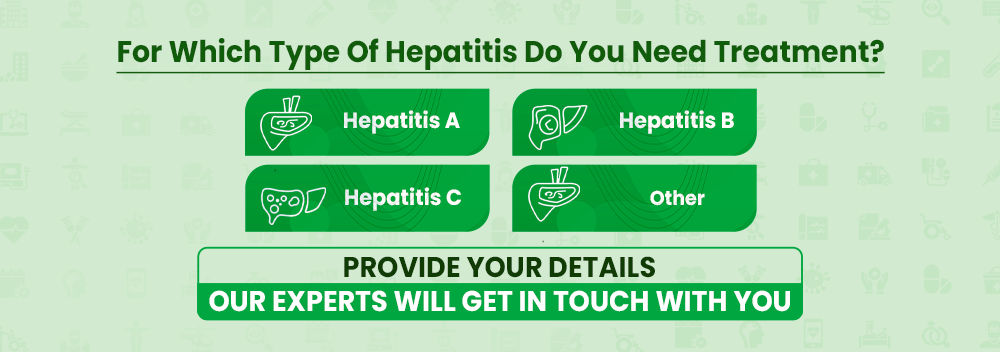
Causes & Triggers Of Psoriasis
Although the actual causes of psoriasis remain to be discovered, professionals are convinced that it is a combination of genetic and environmental factors. If you have heredity, your odds become astronomically high. But having the gene is not a guarantee of you developing psoriasis; there are specific triggers that switch on the symptoms of psoriasis. Shared causes of the condition include stress, infection (strep throat, for instance), some medications, cold temperatures, smoking, and even traumatic events to the skin, such as cuts or scrapes. Lifestyle features such as diet, alcohol use, and sleep patterns can also exacerbate the condition. The immuno-cellular relationship is the main cause of the flare-up. When activated, the immune system makes skin cells grow 10 times as fast as usual and produce the scaly plaques characteristic of psoriasis.
Traditional Treatments For Psoriasis
Traditional treatments for psoriasis act to reduce the hyperactive immune response and symptoms. Topical medications like corticosteroids, coal tar, and psoriasis treatment cream are typically the first line of treatment. These are temporary but not long-term. Additionally, phototherapy and oral medications such as methotrexate or cyclosporine temporarily suppress the immune system. Biologics, too, are in fashion today—these attack specific areas of the immune system and are highly effective, but are very expensive and have side effects. Topical psoriasis is even more difficult to treat because of the hairs getting in the way, and most treatments for it are medicated shampoos and potent anti-inflammatory creams. Whereas traditional treatments work for the majority, they eventually result in resistance, side effects, or loss of efficacy over time. One can expect the best results if consulted by the best doctors in India.
Why Consider Stem Cell Therapy?
So why bother discussing stem cell therapy when we already have so many medications for psoriasis? Because none of them are therapeutic. They all treat symptoms, not the disease. That's where stem cell therapy comes in. Unlike traditional treatments that suppress the immune system, stem cells try to reboot. Stem cell therapy involves injecting healthy stem cells that aim to control or retrain the defective immune response that causes psoriasis. This method is revolutionary because it does not just apply a band-aid to the issue—it tries to reprogram the immune system itself. Especially with the more severe or treatment-resistant forms, such as psoriatic arthritis or pustular psoriasis, stem cell therapy is one promising avenue to pursue. If you are considering stem cell therapy as a viable treatment option, then you can book an online doctor appointment on our platform in just a few clicks.

Types Of Stem Cells Used In Treatment
Not all stem cells are created equal. The most commonly used in the treatment of psoriasis are mesenchymal stem cells (MSCs). They are multipotent cells that can be reprogrammed into multiple types of tissue, including skin, bone, and cartilage. They also possess robust anti-inflammatory activity, making them of particular interest for autoimmune conditions such as psoriasis. MSCs can be obtained from bone marrow, fat (adipose tissue), or cord blood. Cord blood-derived stem cells are now highlighted with their high regenerative ability and minimal danger of immune rejection. Induced pluripotent stem cells (iPSCs) are also of increasing interest, but these are most of the time still in experimental phases. Nonetheless, to date, mesenchymal stem cells lead the way when it comes to therapeutic use in psoriasis skin and psoriatic arthritis.
Advantages Of Stem Cell Therapy
The advantages of stem cell therapy in the treatment of psoriasis extend beyond the mere relief of symptoms. For one, the cells provide an immune-modulating effect, which corrects the intrinsic autoimmune pathology. This translates into fewer flare-ups and a longer remission interval. Second, the MSCs replace lost skin tissue, and the texture of the skin improves, with less scarring or scales from previous lesions. For psoriasis nails and very severe scalp psoriasis patients, it is a life-changer. Further, patients who have experienced partial success with the use of conventional psoriasis medication or psoriasis treatment cream are now in a position to get relief with stem cells. There is also good news in its action on psoriatic arthritis, where not only does it alleviate joint pain, but maybe even reconstruct cartilage tissue. And let's not neglect the mental effect—clear skin translates to greater self-esteem, reduced anxiety, and overall good health.
Risks & Limitations Of Stem Cell Therapy
As much as stem cell treatment is a promising possibility, it's not completely risk-free. First of all, it is an experimental psoriasis medical treatment in most countries. There's no protocol, and hence, effects can be unpredictable based on where and how it is administered. Infection of the site where the stem cells are injected, immune rejection (although not very likely with mesenchymal stem cells), and the theoretical risk of uncontrolled growth of cells are potential problems. Another drawback is that the effects are not assured. Some patients have drastic variations, and others have little variation. It can also take months before it is visible. And, of course, patients with underlying infections or certain long-term illnesses may not be the best candidates. And let's be realistic—stem cell therapy is not so much a one-size-fits-all kind of thing. It might not work on everyone, and multiple sessions might be needed.
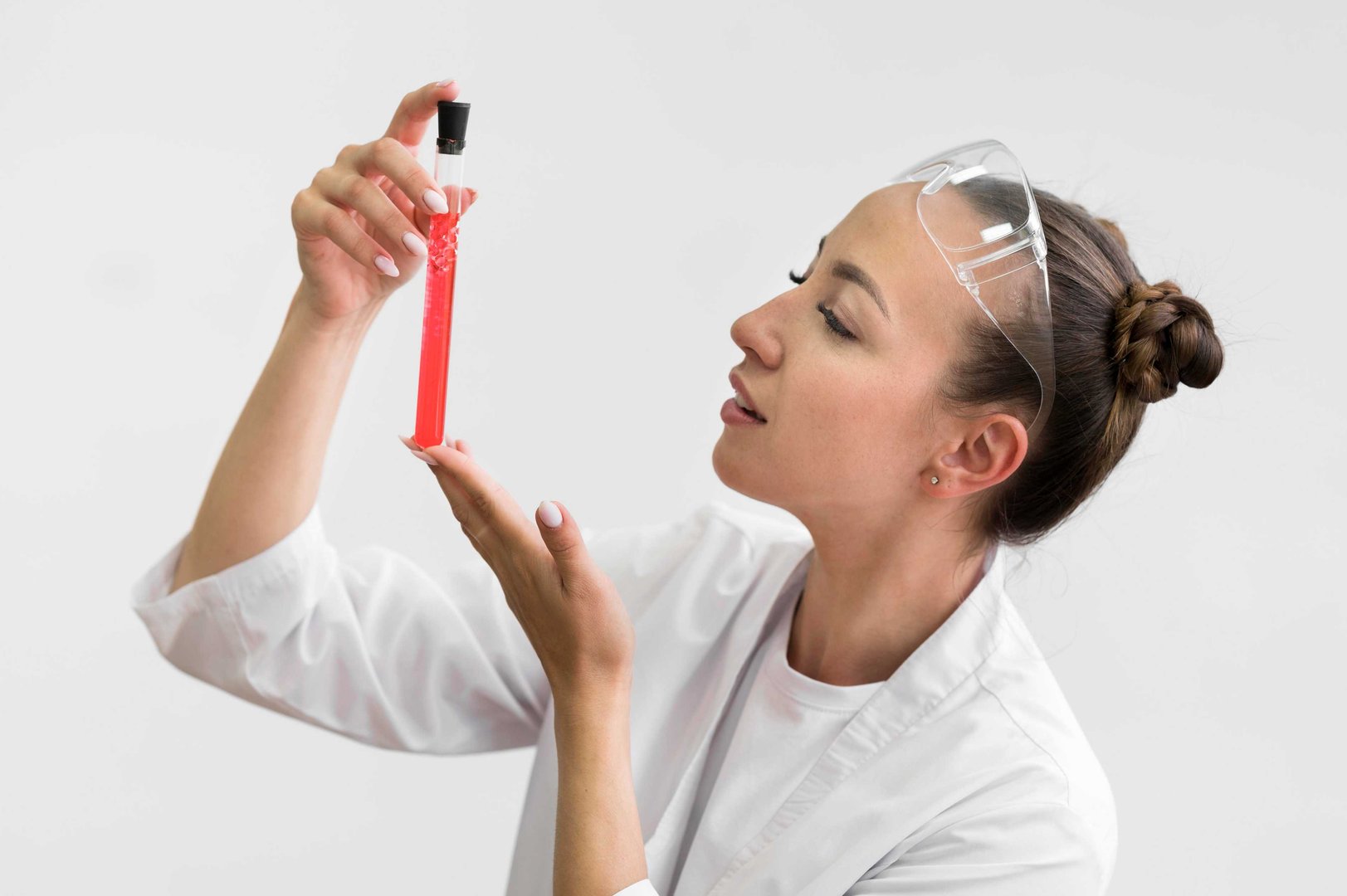
Cost Of Stem Cell Treatment
The most difficult aspect is the cost. Stem cell treatment is not inexpensive. The cost of preserving the stem cells, the cost of storing the stem cells, and the cost of treatment can be expensive. Treatment in India is likely to range from INR 2 lakhs to INR 8 lakhs per session, depending on the clinic and the type of stem cells used. Abroad, i.e., in Germany or the USA, for example, it can be as much as $25,000 and above. Most of this is not insured because it is not yet covered with regular psoriasis treatments. Even the clinics have stem cell storage and preservation packages, which are going to increase the overall cost. But with long-term gains and lesser reliance on psoriasis drugs, many do find it to be worth the cost.
Availability Of Treatment (India & Abroad)
| Parameter | India | Abroad (Germany, USA, South Korea & Japan) |
| Availability | Availabl in metro cities like Bangalore, Chennai, Mumbai & Delhi | Widely available in top tier medical centers across countries |
| Institutions | offered by private hospitals and clinics affiliated with stem cell research | Conducted in advance, researrch-backed medical institutes |
Stem cell source | Primarily mesenchymal stem cells from fat tissue or umbilical cord blood | Same stem cells used, often with advanced protocols |
| Regulations | Still developing some treatments may be unregulated | Strictly governed with well-developed clinical trials protocols |
| Reliability | Clinics vary in credibility, background checks and patient reviews are essential | Generally more standardized and regulated |
| Legal Framework | Legal but inconsistently regulated | Caries by country, some procedures legal in one country may be banned in another |
Future Horizon Of Treatment
The future of stem cell treatment for psoriasis is highly promising. As Stem Cell Research continues to advance, we are going to see more advanced, potent, and safer treatment protocols in the future. Scientists are attempting to maximize the efficacy of mesenchymal stem cells and even combine them with gene therapy or biologics to attain optimal success rates. There are additional clinical trials in progress to enhance knowledge about long-term safety and benefits. As more is learned about it, stem cell therapy might switch from an experimental procedure to a routine psoriasis treatment. And with advancements in stem cell storage and preservation technology, personalized therapy may soon be more widely available and affordable. Who knows, in the next 5 to 10 years, stem cell therapy could very well be the gold standard for treating, even curing, psoriasis.
Summary
Stem cell therapy for psoriasis is an interesting, always-changing area that gives hope to those who've tried and run out of everything else. From anti-inflammatory mesenchymal stem cells to hopeful gains in improving symptoms of psoriasis, the patient is finally being caught up to by science. Though not an absolute cure and with risks of its own and a huge price tag, the potential to retrain the immune system and to regenerate damaged skin is one to be watched. As Stem Cell Research evolves and treatment regimens get better, stem cell therapy could become an established facet of treating chronic autoimmune diseases such as psoriasis. Until then, it is a promising though still immature treatment for the millions who suffer from plaque psoriasis, scalp psoriasis, and even psoriatic arthritis.
References
https://pmc.ncbi.nlm.nih.gov/articles/PMC9263669
https://ways2well.com/blog/stem-cells-for-psoriasis-promising-treatments-for-skin-healing

